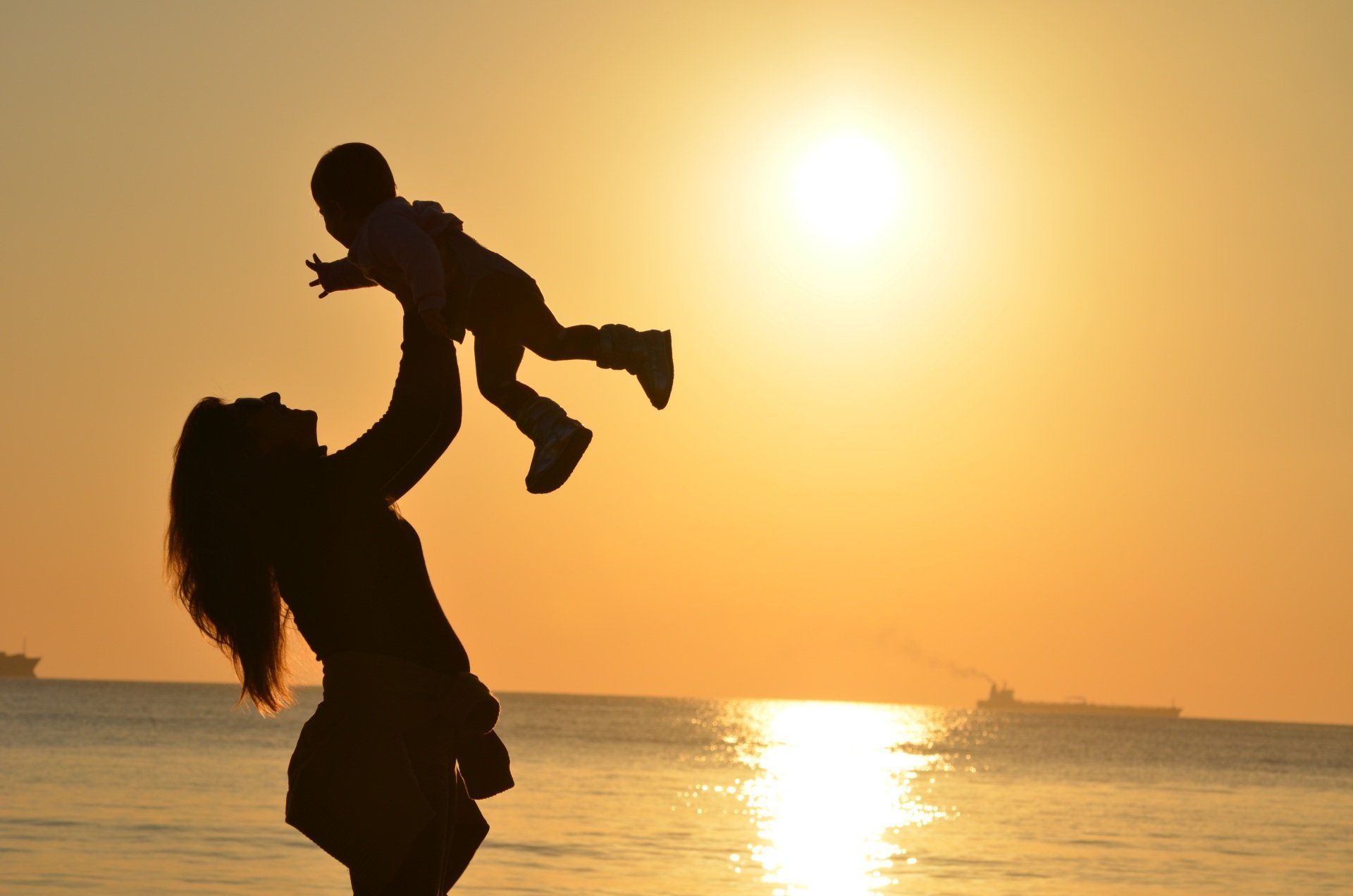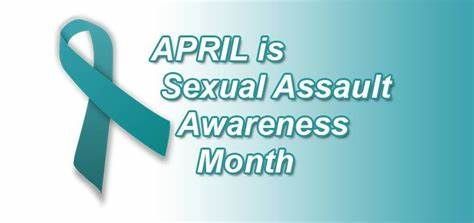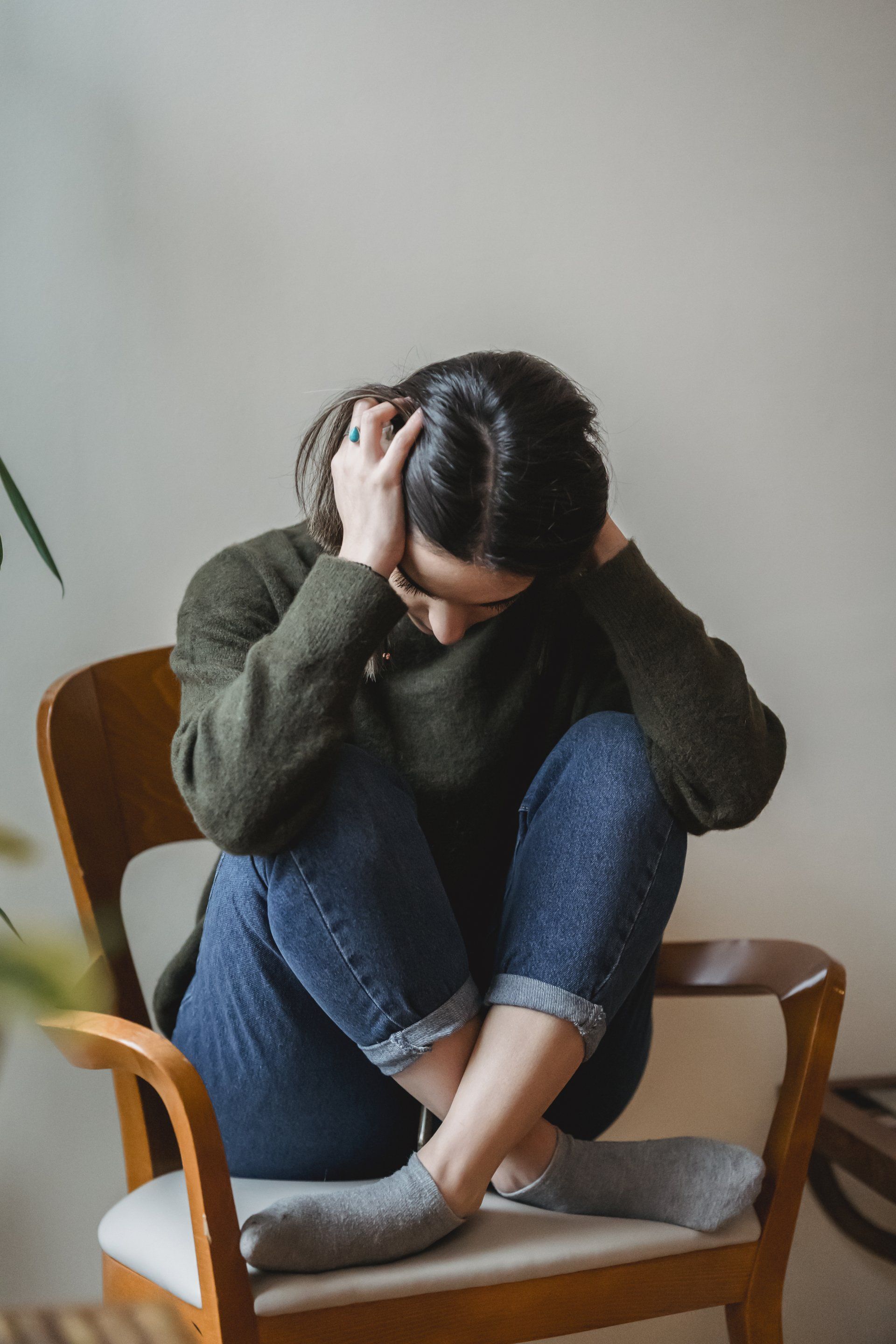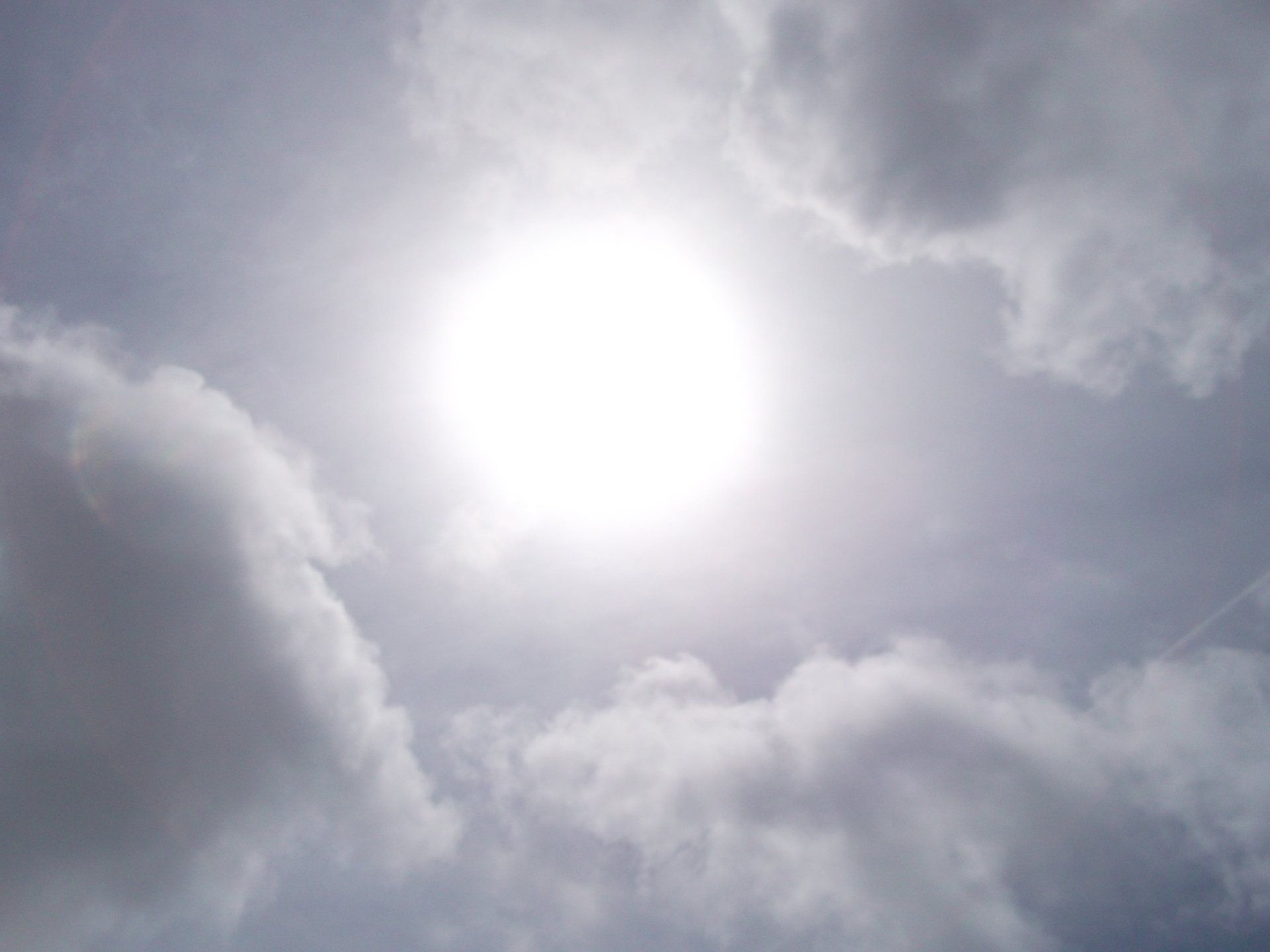Winter Turns into Spring - The Blog



Emotional Abuse hurts as much as Physical Abuse
Many adults survivors of Adverse Childhood Experience, such as emotional and verbal abuse, very often feel they don't deserve to speak up, because the abuse they were victims of wasn't as bad as someone who was victim of physical and sexual abuse. Others don't even realise they were abused. In any case, they are left alone with their pain.

What is emotional abuse? And why does it feel like it doesn't matter as much as physical abuse? And why it should be taken really seriously! The definition of Emotional Abuse on the NSPCC's website is:
"Emotional abuse is any type of abuse that involves the continual emotional mistreatment of a child. It's sometimes called psychological abuse. Emotional abuse can involve deliberately trying to scare, humiliate, isolate or ignore a child. Emotional abuse is often a part of other kinds of abuse, which means it can be difficult to spot the signs or tell the difference, though it can also happen on its own."
Any physical and sexual abuse start with some form of emotional abuse. Very often in goes hand in hand with verbal abuse and neglect. So, how does emotional abuse looks like, NSPCC:
Emotional abuse includes:
- humiliating or constantly criticising a child
- threatening, shouting at a child or calling them names
- making the child the subject of jokes, or using sarcasm to hurt a child
- blaming and scapegoating
- making a child perform degrading acts
- not recognising a child's own individuality or trying to control their lives
- pushing a child too hard or not recognising their limitations
- exposing a child to upsetting events or situations, like domestic abuse or drug taking
- failing to promote a child's social development
- not allowing them to have friends
- persistently ignoring them
- being absent
- manipulating a child
- never saying anything kind, expressing positive feelings or congratulating a child on successes
- never showing any emotions in interactions with a child, also known as emotional neglect
Sadly, I have experienced all forms of emotional abuse listed above. I remember, as a small girl, feeling as if something felt really wrong but, I couldn't put words to my feelings. Yes, mum was sometimes physically violent, but the prominent form of violence were in insulting me, and my brothers; ridiculing us, manipulating us. My big brother and I were the bad seeds from a previous marriage, the constant reminders of our father, who wasn't a pleasant man, to say the least. She never wanted me. Every single day, we felt how much she resented us and, hated us. I still remember how she used to look at me with absolute disgust. I felt sick and terrified around her. EVERY. SINGLE DAY.
It took years for me to fully recognise how horrible it was to live with her because, this type of abuse doesn't leave physical scars. It is already near impossible for victims to get any justice for sexual abuse, it is even more difficult to get justice for years of emotional torture, because it is basically emotional torture! Why do you think adults victims of Domestic Violence don't leave? S/HE don't leave because they are being emotional brainwashed and manipulated (all type of emotional abuse)
They are individuals who really believe they have nothing to complain about: their parents didn't beat them up black and blue, so they didn't suffer that much! They minimized the trauma of their childhood. Of course, denial is a strong survival mechanism, putting in place some defences up for protection, without even us noticing. Growing up in a society who is in denial of the impact of emotional abuse, isn't going to help anyone recognise that, indeed, what happened to them was abusive.
It also gives perpetrators the excuse that "It wasn't all that bad!" or they might tell their children: "You were a difficult child so, I had to scream and shout for you to do as I say!" For centuries, it was advised not to "spoil" children too much. "Children need a firm hand and strict rules to follow, or they will go soft!" This sort of thinking and of raising kids up, created very unhappy children, for generations, which then were unhappy parents, unable to love and care about their own children.
Another type of emotional abuse is the " parentification" of children. Children are made responsible for parents' emotional needs or are in charge of cleaning the house, top to bottom, all the time, or they are asked to look after they younger siblings when they can barely look after themselves. There is also such a thing as "covert incest", also called "emotional incest".
The Mighty writes:
Covert incest (also called emotional incest) is a kind of enmeshment that refers to situations where a parent treats their child as a surrogate husband or wife, asking them to meet emotional needs an adult partner should provide. Though there is no overt sexual touching between parent and child, the child feels trapped in a “too close for comfort” dynamic.
It adds: "Parent-child enmeshment refers to an unhealthy dynamic where a parent’s emotional needs for attention, security, a listening ear or “friendship” causes the parent to overstep appropriate parental boundaries. Adults who grew up in enmeshed relationships with their parents report high levels of loyalty to the parent, but also feel trapped by guilt and obligation to emotionally support their parent. [...] The enmeshment goes beyond blurred boundaries into a more violating dynamic that makes the child feel “icky.” Covert incest is when a parent treats their child as a surrogate romantic partner, expecting the child to meet deep emotional needs that should only be met by an adult significant other."
Neglect is also very damaging. Pete Walker. M.A Psychology, explains that neglect is the very core of C-PTSD. It is the experience of a child who has no one to turn to, not even a parent, not even the most important person of all: mum. The child is left terrified and alone with their terrors. There is nothing more heart-breaking and, as soul destroying as being a small child with no adults, to hold her, to love and to care for her, during the most difficult time in her young live.
Pete Walker writes, in his essay "Emotional Neglect and Complex PTSD" :
"Emotional neglect makes children feel worthless, unlovable and excruciatingly empty, with a hunger that gnaws deeply at the centre of their being, leaving them starving for human warmth and comfort - a hunger that often morphs over time into an insatiable appetite for substances and/or addictive processes.
From the NSPCC' s website, the following effects of emotional abuse are listed as follow:
Emotional abuse can change how a child behaves, such as:
- wanting attention or becoming clingy
- not caring how they act or what happens to them
- trying to make people dislike them
- developing risky behaviour, like stealing, bullying or running away
Emotional abuse can affect a child's emotional development, including:
- feeling, expressing and controlling emotions
- lacking confidence or causing anger problems
- finding it difficult to make and maintain healthy relationships later in life
Emotional abuse of child or young person can increase the risk of:
- mental health problems, including depression, anxiety and suicidal thoughts
- eating disorders
- self-harm
- language development
- problems forming healthy relationships.
In adulthood, these symptoms will create a lot of barriers to loving oneself and others. The defence mechanisms created in childhood are hard to pinpoint and patterns are difficult to shift. Some adults survivors of emotional abuse, might be in one abusive and neglectful romantic attachment after another. They might develop a Fawn response, people pleasing. Or they might be overly controlling in all their relationships, for fear to lose those connections but, in fact, pushing people away.
The effects are similar to those from physical and sexual abuse and they, too, need to be taken seriously. There is no "just get over it" Trauma is often viewed only as the effect of something BIG and BAD that happened. Trauma is a natural response to something that happened to us and that has a tremendous impact on us, in mind, body and spirit. And it is also the result of being left alone and terrified, because of emotional neglect. It is essential to remember that two children who'd gone through similar experiences of emotional abuse or neglect, will each react to it differently. Their defence mechanisms, their survival mode might differ greatly. Does that make one of the other's experience less valid? No, it doesn't. Does that mean that one is more resilient than the other? No, it doesn't. See Gabor Mate's video, below: "Trauma is not what happened to you. It is what happens inside of you."
It might be helpful to understand mothers/parents' backgrounds and situations For instance, loving and caring mothers are absent because they have work to go back to, after a brief maternity leave. Or their mother's aren't well and not getting the support they need and that has an impact on the children. Or, mum can be so unwell, she hurts herself and abuse her children. However, their stories and backgrounds shouldn't take precedence to addressing the impact it has on children and on the adults survivors.
Their stories need to be accepted and validated. They need to be supported where they are right now: in pain or in denial. They need to feel free to express their confusion, their feelings of pain and anger. Without acceptance and compassion, it is so difficult for victims and survivors to find and feel hope and joy. We all deserve to experience hope and joy.
Any thoughts?
Sylvie



